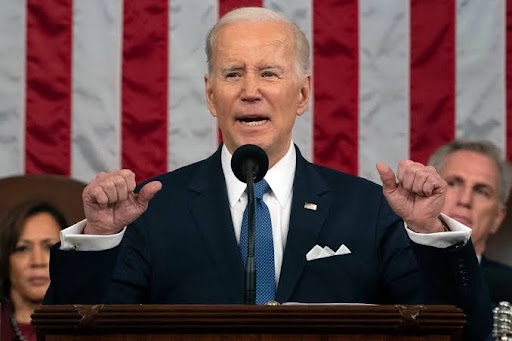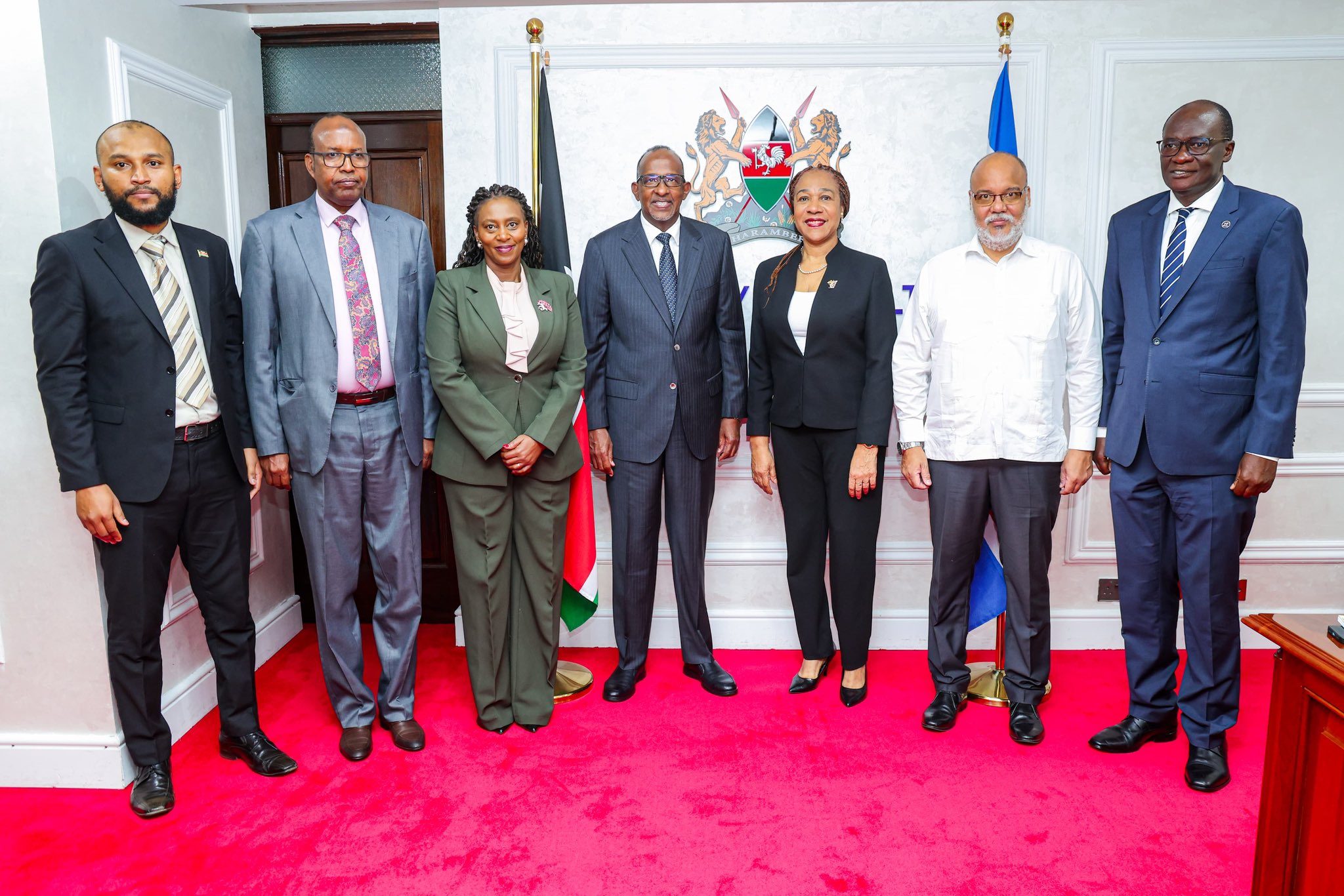
 Health Cabinet Secretary Aden Duale with officials during a bilateral meeting at Afya House in Narobi County on June 11 , 2025/MOH/X.
Health Cabinet Secretary Aden Duale with officials during a bilateral meeting at Afya House in Narobi County on June 11 , 2025/MOH/X.Health Cabinet Secretary Aden Duale is looking to Cuba’s renowned primary healthcare system to strengthen Kenya’s community health initiatives.
During a meeting with Cuba’s Ambassador to Kenya, Ines Fernández, held at Afya House in Nairobi, Duale expressed his intent to tap into Cuba’s experience in delivering quality, community-based health services.
“The discussions focused on leveraging Cuba’s globally acclaimed community-based primary healthcare model to strengthen Kenya’s community health programme,” the Ministry of Health said in a statement.
Beyond primary healthcare, Duale is also pushing for deeper collaboration in digital health, telemedicine, and technical exchanges.
He highlighted Kenya’s interest in Cuba’s expertise in biotechnology, particularly in the development of local vaccine production capacity.
To formalise these efforts, Duale proposed developing a comprehensive Memorandum of Understanding (MoU) to guide future Kenya–Cuba cooperation in health.
“The proposed MoU will provide a structured framework covering service delivery, academic and technical exchange, pharmaceutical manufacturing, and health innovation—ensuring mutual benefit and measurable outcomes,” he said.
He also acknowledged Cuba’s longstanding support for Kenya’s healthcare system. This includes the deployment of 84 Cuban doctors across various counties, the training of 48 Kenyan doctors—12 of whom are currently in Cuba—and the implementation of joint training programmes to address healthcare gaps in rural and underserved areas.
Duale was joined by Principal Secretary for Public Health and Professional Standards Mary Muthoni and Director General for Health, Patrick Amoth.
The collaboration between Kenya and Cuba has already borne fruit. On May 5, 2022, 48 Kenyan specialists graduated from advanced family medicine training in Cuba. Selected from counties across the country, the doctors were sent to Havana in 2018 to bolster Kenya’s capacity in preventive healthcare.
These newly trained doctors will be deployed to their home counties, acting as the first point of contact for patients, a crucial step in preventing disease and improving health outcomes across the country.














